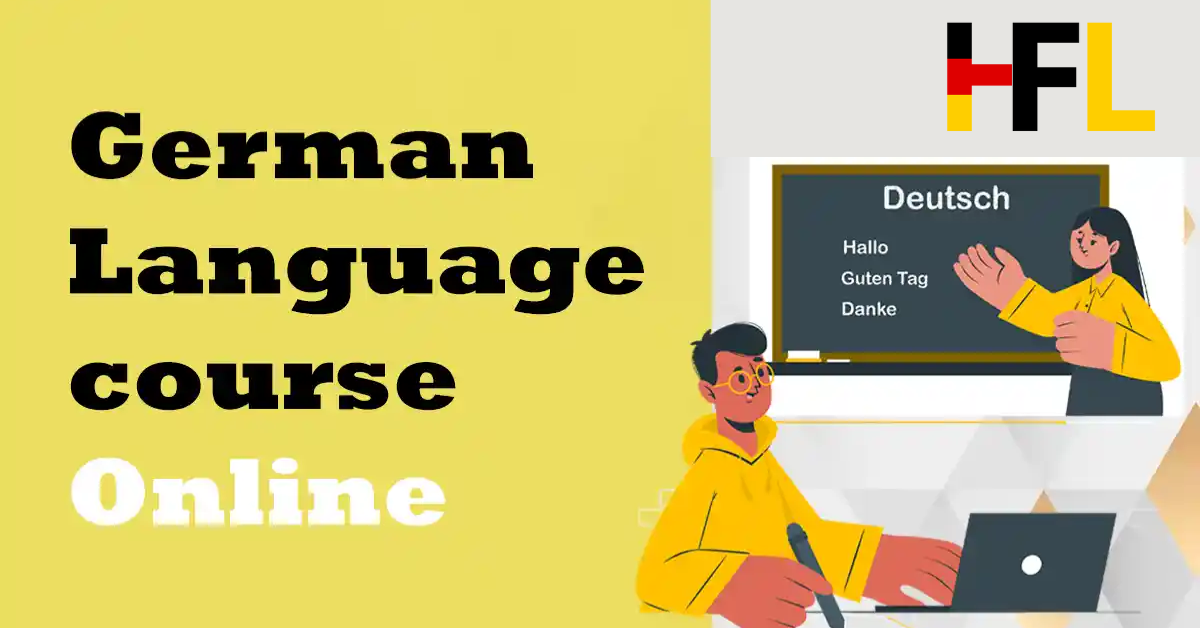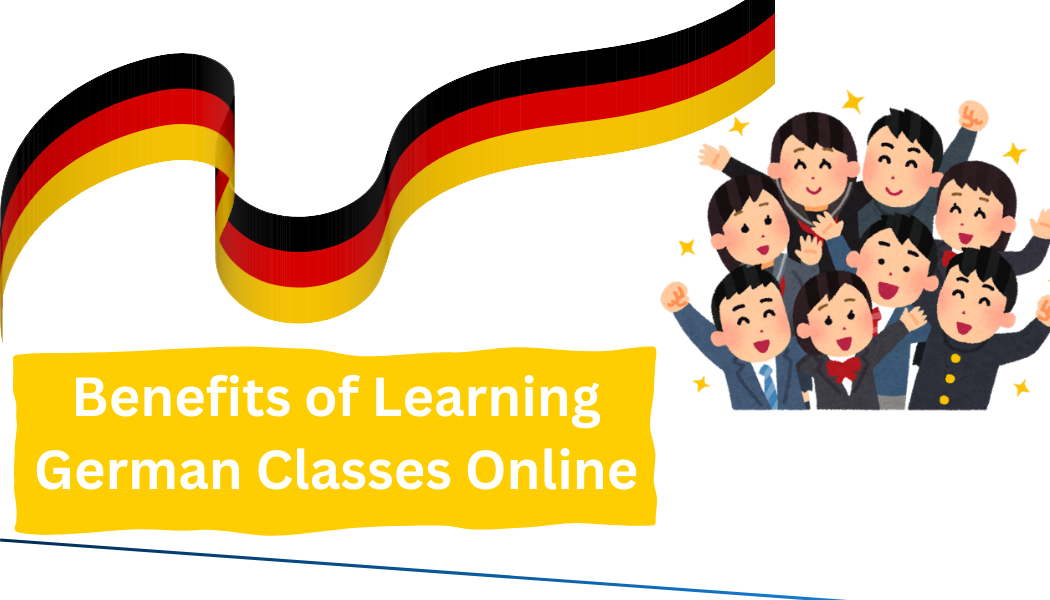
German Course Online: What is the Best Online Course to Learn German?
Are you considering learning German but don't have the time to attend traditional classes? In today's digital age, online courses have become an increasingly popular option for language learners. With so many online platforms to choose from, it can be overwhelming to decide which one is the best for learning German. But with the plethora of options available, finding the best German course online can feel like navigating a dense Schwarzwald forest. In this article, we will explore the best online course to learn German and help you make an informed decision.
Why Choose An Online German Course?
Online German courses offer flexibility and convenience that traditional classes cannot match. You can learn at your own pace, anytime and anywhere, making it ideal for busy individuals with hectic schedules. From interactive lessons to personalized feedback, online courses provide a highly effective and efficient way to learn a new language like German.
What Makes a Great German Course Online?
Before diving into specific recommendations, let's outline the critical components of an effective online German course:
Structured Curriculum: A well-organized course should follow a logical progression, starting with the basics (alphabet, pronunciation, basic grammar) and gradually building towards more complex concepts. Look for a CEFR (Common European Framework of Reference) alignment, indicating the level (A1, A2, B1, B2, C1, C2) the course aims to achieve.
Interactive Learning: Language learning is an active process. Avoid courses that rely solely on the passive consumption of information. Seek out interactive elements like:
Practice exercises with immediate feedback
Quizzes and tests to assess your understanding
Opportunities for speaking practice (e.g., with tutors or other learners)
Engaging Content: Learning should be enjoyable! A good course will utilize a variety of media, such as videos, audio recordings, and interactive games, to keep you motivated and engaged.
Reputable Provider: Look for established providers with positive reviews and a proven track record of success.
Flexibility and Accessibility: Online learning should fit your schedule and be accessible from anywhere with an internet connection. Consider the course format (e.g., self-paced, live classes) and the platform's compatibility with your devices.
Clear Pricing and Support: Understand the full cost of the course and any additional materials. Check if the provider offers customer support and how responsive they are.What to Look for in an Online German Course
When searching for the best online course to learn German, there are several key factors to consider:
1. Interactive Lessons
Choose a course that offers interactive lessons, including audio and video materials. This will help you practice listening and speaking skills, which are essential for mastering a new language.
2. Structured Curriculum
Look for a course with a well-structured curriculum that covers all aspects of the German language, including grammar, vocabulary, and pronunciation. A clear learning path will keep you motivated and on track.
3. Native Speakers
It's important to learn from native German speakers to immerse yourself in the language and improve your accent. Look for courses that offer live sessions or recordings with native speakers.
4. Practice Opportunities
Practice makes perfect when learning a new language. Choose a course that provides ample practice opportunities, such as quizzes, exercises, and interactive activities.
H3 Bonus for Jalandhar Residents: Expanding Your Linguistic Horizons!
While you're exploring the world of languages, why not consider learning German too? For those residing in Jalandhar and interested in experiencing the romantic charm of the German language, consider exploring German classes in Jalandhar. Look for local language schools or private tutors who offer German courses. Learning both German and German can open up even more opportunities for travel, cultural understanding, and career advancement!
Our other courses
Italian language courses in Jalandhar



